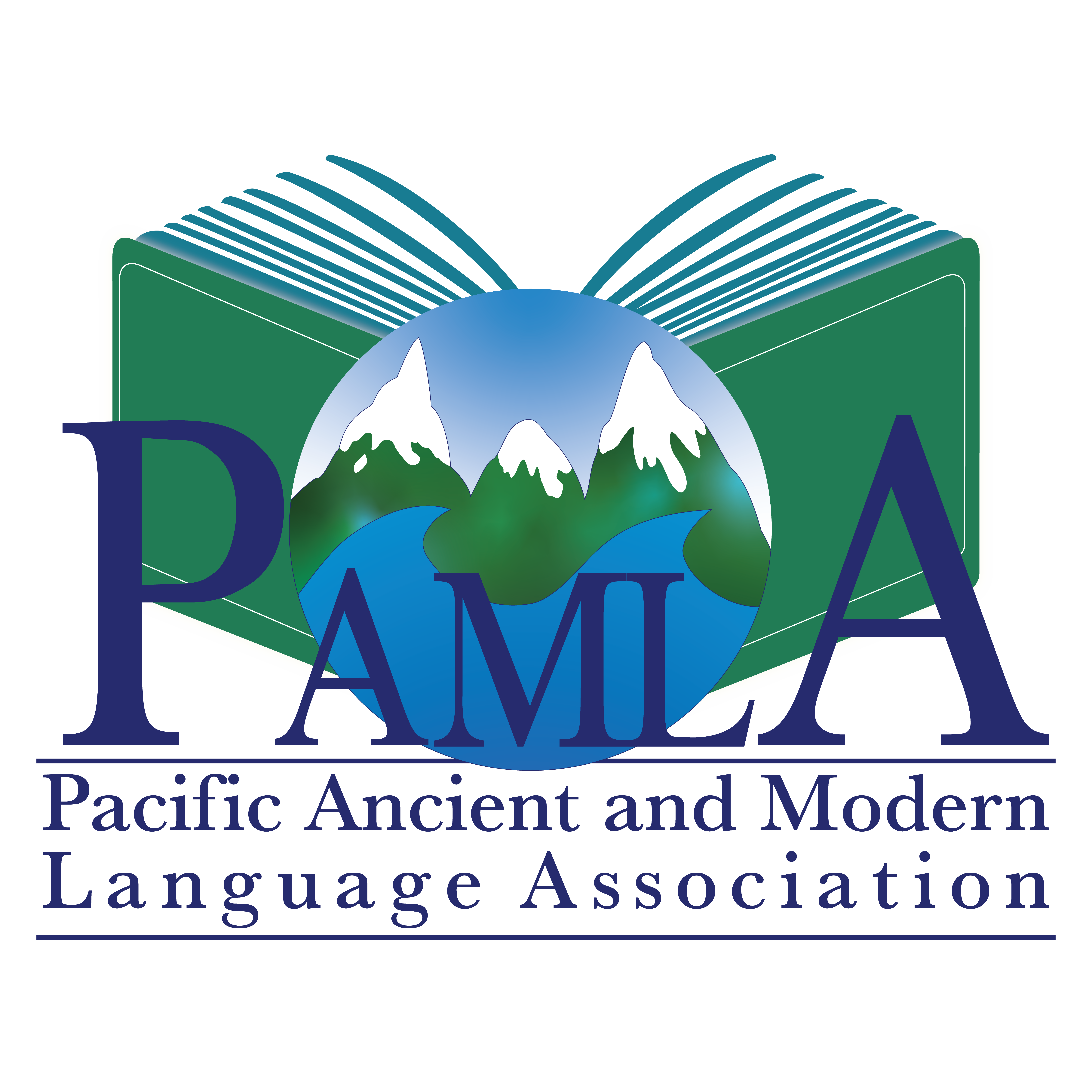Proposing a Special Session for 2015 PAMLA Conference in Portland
- January 2, 2015
- Posted by: Elijah Gartin
- Categories:
We have extended the deadline for proposals for special sessions for the 2015 PAMLA Conference in Portland, Oregon (to be held at Portland State University and the Hilton Portland on Friday, November 6 – Sunday, November 8, 2015). You now have until midnight on Thursday, January 15, 2015, to send in your proposal to PAMLA First VP, John Ganim: [email protected]
(Individual paper proposals for the conference are not due until late in April—the call for papers and online paper submission system will go up online by early February—look at pamla.org then to submit your paper proposals.)
PAMLA has a number of General Sessions on broad topics that take place annually (please see PAMLA’s Constitution for a list of these General Sessions: https://www.pamla.org/constitution-association ). So, you may propose a topic for a more focused special session for the conference, either dealing with “Literature and Time” or some other topic of interest, by sending your name, affiliation, email, a session title, a brief abstract (50 words), and a longer proposal (150-200 words) for your proposed session to PAMLA First Vice-President John Ganim (University of California, Riverside) by midnight, January 15, 2015: [email protected] . Should your special session be approved, PAMLA members will have until the end of April to propose a paper for the session, using PAMLA’s online submission system.
The 2015 PAMLA conference special topic, Literature and Time, is an invitation to reflect on the complex temporalities that inhere in the acts of reading and writing literature. We invite proposals for special sessions that engage with the topic of literary temporalities in a varieties of ways.
Some possible interventions include:
- The literary text as historical document
- Linear and non-linear literary temporalities
- Nostalgia
- Dystopias and utopias
- Queer and postcolonial temporalities
- The literary canon and its changing relationship to the contemporary
- The notion of the “contemporary”
- Anachronisms
- Changing trends in literary criticism
- Time across diverse media, analog and digital
- Science Fiction narratives
- Notions of “progress” and its critique
- Alternative theories of modernity and development
